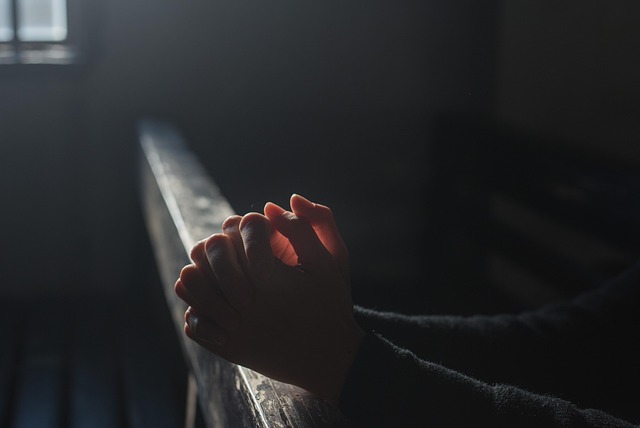The Power of Prayer: A Sacred Tradition in Religion
Throughout human history, prayer has served as a profound expression of faith, hope, and connection to the divine. Across various religions and cultures, prayer emerges as a cherished tradition, inviting individuals to step beyond themselves and seek solace, guidance, and strength. The act of praying transcends mere words; it becomes a sanctuary where believers engage with their spirituality in deeply personal and communal ways.
The Essence of Prayer
At its core, prayer embodies a desire for communion with God or a higher power. It is an acknowledgment of the human need for support and intervention when faced with life’s challenges. Whether whispered in a moment of desperation or sung joyfully in celebration, each prayer resonates with the complexities of human emotion. This sacred act serves as a reminder that we are never truly alone in our journey.
The Various Forms of Prayer
Prayer manifests in many forms across different faiths. For some, it may involve structured rituals and guided texts, such as the prayers found in the Christian Bible or the Quran. Others may lean towards spontaneous, informal prayers reflecting their genuine thoughts and feelings. In Eastern traditions, meditation can also be considered a form of prayer, allowing practitioners to connect with the divine through quiet reflection and mindfulness.
The Role of Prayer in Community
Beyond personal reflection, prayer often bears profound communal significance. In many cultures, congregational prayers knit communities closer together, fostering bonds through shared beliefs and experiences. The collective act of praying can amplify individual intentions, creating a deep sense of belonging and unity. Events such as vigils, prayer circles, or services highlight the powerful synergy that arises when communities gather with a common purpose.
Psychological and Emotional Benefits
Empirical studies continue to unveil the psychological benefits of prayer. Regular engagement in prayer has been linked to reduced anxiety, increased feelings of peace, and enhanced overall well-being. The act of expressing gratitude or seeking divine support can shift perspectives, encouraging individuals to remain hopeful even in adversity. This transformative quality of prayer nurtures resilience, enabling people to navigate life’s storms with grace.
Prayer as a Path to Understanding
In an increasingly diverse world, the practice of prayer can also offer a pathway to greater understanding among different faiths. Engaging in interfaith dialogues that include shared prayer experiences fosters empathy and respect for one another’s beliefs. As individuals from various backgrounds come together, they create spaces where love, compassion, and tolerance can thrive, reinforcing the idea that prayer, in all its forms, resonates with universal human experiences.
Ultimately, the power of prayer lies in its ability to connect us to something greater than ourselves, cultivating a sense of peace and grounding in tumultuous times. As we navigate the challenges of modern life, returning to this sacred tradition can provide strength and solace, reminding us of the bonds we share through faith.




